Thoughtful Planning and Smart Technologies Can Help Craft a Hybrid Meeting Space and System to Better Support Your Participants – both Remote and In-Office.
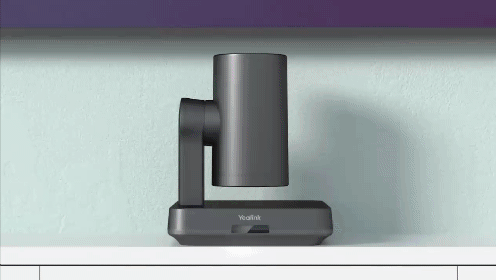
Artificial intelligence is revolutionizing hybrid meetings with features such as:
Modular furniture allows meeting spaces to be quickly reconfigured for different types of meetings, from small team huddles to large presentations. This flexibility is essential in hybrid environments where the number of in-person attendees can fluctuate.
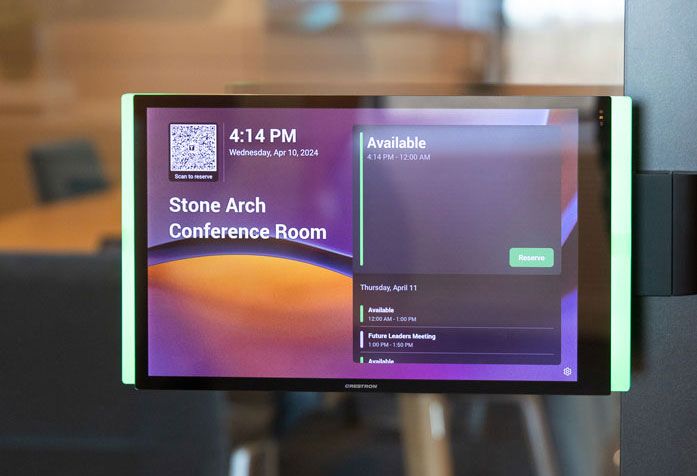
Integrated scheduling systems can manage room bookings efficiently, ensuring that spaces are used optimally. These systems can:
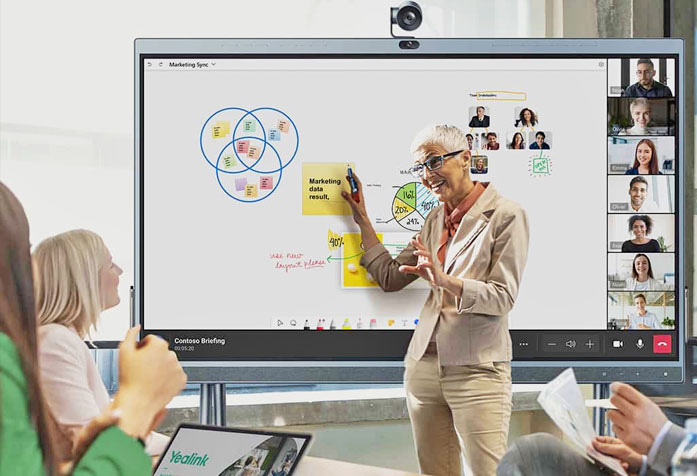
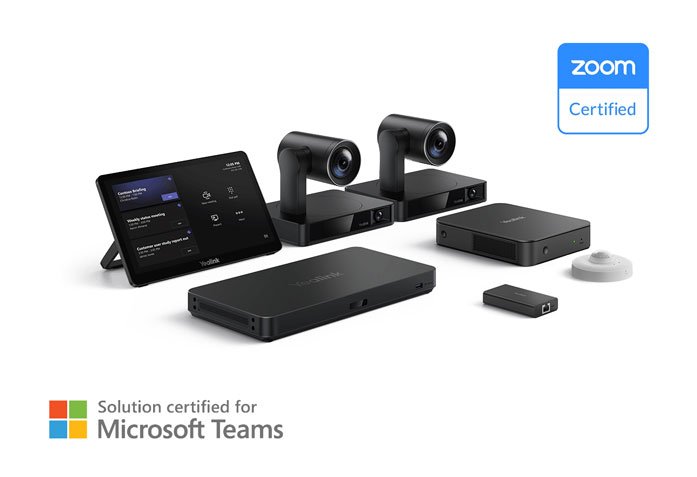
Platforms such as Microsoft Teams and Zoom are continuously evolving to offer more integrated experiences. Features like persistent chat, file sharing, and project management tools within a single interface streamline the collaboration process.

Organizations are increasingly adopting practices to ensure that all voices are heard, regardless of physical presence. This includes:
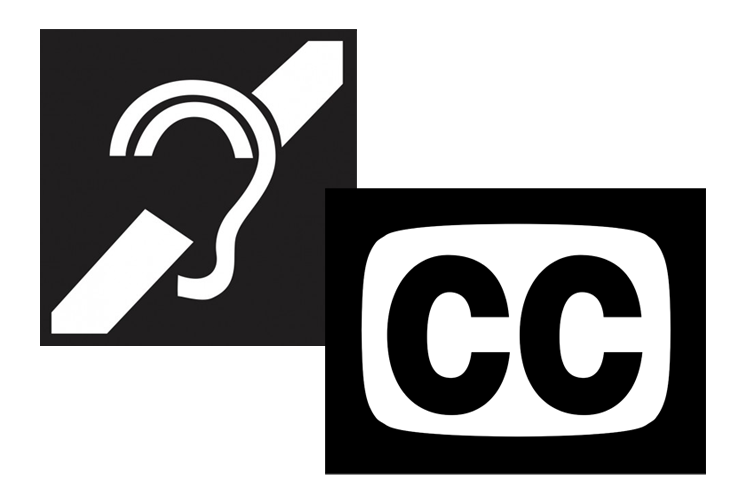
To accommodate participants with disabilities, hybrid meeting spaces are incorporating:
Adherence to privacy laws such as GDPR and CCPA is crucial. Hybrid meeting solutions are being designed to ensure compliance, protect user data, and maintain trust.
The evolution of work culture has dramatically reshaped how organizations approach meetings. Hybrid meeting spaces have become a staple in ensuring seamless communication and collaboration. Driven by advancements in technology, artificial intelligence, changing work dynamics, and the need for flexibility, these new trends are shaping how we at iSPACE Environments partner with our customers when building out these meeting spaces.

Written by Emily Jenkins, Account Executive, Technology.
Originally published in the 2024 Q2 MNCREW Newsletter.